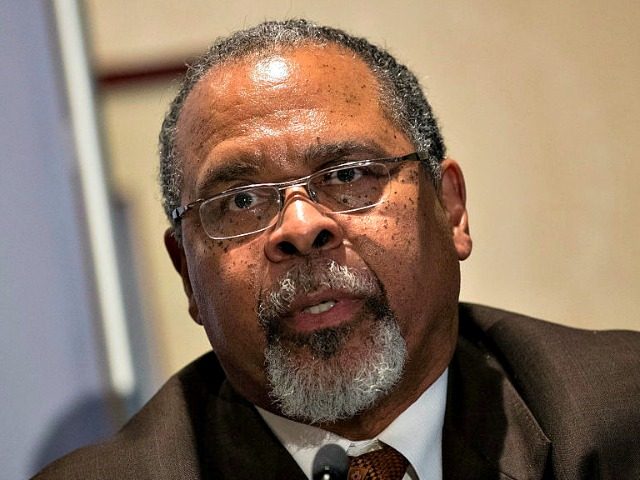Ken Blackwell endorsed President Donald Trump’s nominee for the Supreme Court Brett Kavanaugh in an op-ed published by the Hill on Sunday, calling him the kind of “umpire” needed on the bench.
Calling Kavanaugh a Constitutional originalist that the president promised to nominate, Blackwell said his record speaks for itself.
“In his 12 years on a federal court of appeals, Judge Kavanaugh developed a clear, consistent record of textualism and originalism,” wrote Blackwell, who served as a domestic policy adviser to the presidential transition team and also served as the mayor of Cincinnati and as that state’s treasurer and secretary of state.
“This means that he can be relied upon to protect religious liberty and ensure that administrative agencies stay within their legal authority,” Blackwell wrote.
“Judge Kavanaugh’s respect for the Constitution and the proper role of a judge is evident from a speech last year at Notre Dame Law School in which he likened the role of a judge to that of an umpire, one who is mindful of a fair and independent process and the law as it is written, not bound by allegiance to a team,” Blackwell wrote.
Blackwell said Kavanaugh has lived up to the umpire comparison “ruling on the letter of the law and the Constitution, not out of loyalty to a worldview or political party.”
And this approach, Blackwell wrote, ensures Kavanaugh will be a vote to protect religious liberty, including his decision in Priests for Life v. HHS where Kavanaugh argued that the Health and Human Services (HHS) contraception mandate — even with the “accommodation” offered by the Obama administration after losing the Hobby Lobby case — imposed a “substantial burden” on religious organizations.
Blackwell also cited a case where an atheist group challenged the constitutionality of the presidential oath of office that includes “so help me God.”
Kavanaugh stood firmly by the law, Blackwell wrote, and concluded that the presidential oath did not constitute the establishment of a state religion and that “like the practice of legislative prayer, use of ‘so help me God’ in oaths for government officials is deeply rooted in the Nation’s history and tradition.”
Blackwell said that Kavanaugh’s record also shows he believes the law calls for “strict limits” on the administrative state, including limiting federal agency “overreach.”
Blackwell gave as an example the Obama-era net neutrality rule imposed by the Federal Communications Commission (FCC) where in two separate cases Kavanaugh dissented in finding certain EPA regulations exceeded their statutory limits, which was upheld by the Supreme Court in 5-4 opinions written by Justice Antonin Scalia.
Blackwell pointed out that Kavanaugh is also a skeptic of the “so-called Chevron deference,” which gives deference to federal agencies on certain issues.
Kavanaugh has called Chevron deference “an atextual invention by courts…nothing more than a judicially orchestrated shift of power from Congress to the Executive Branch.”
“Just like Neil Gorsuch before him, it’s clear that Judge Kavanaugh will make another great justice, one who will protect the constitutional rights of all Americans,” Blackwell wrote, urging for a swift confirmation process from the Senate.
The Senate is expected to take up Kavanaugh’s confirmation after Labor Day.
Follow Penny Starr on Twitter

COMMENTS
Please let us know if you're having issues with commenting.